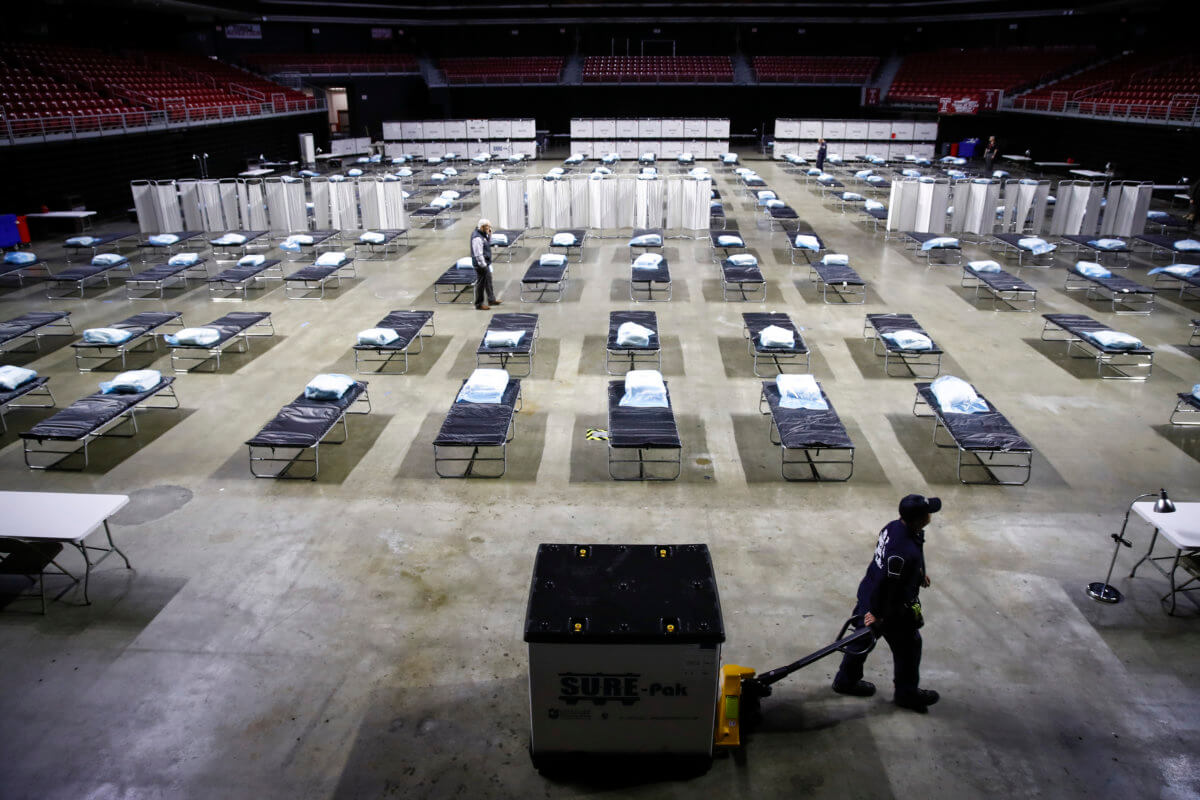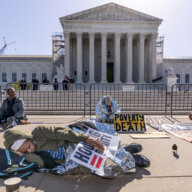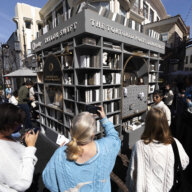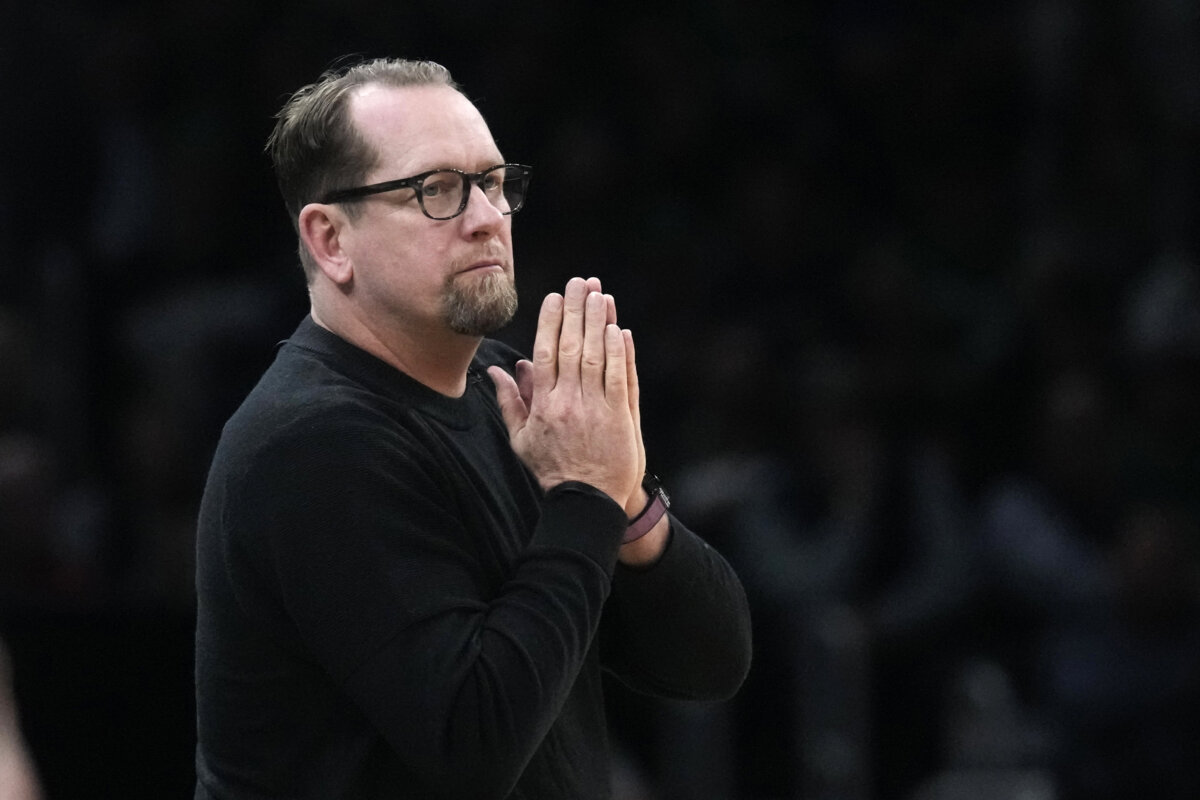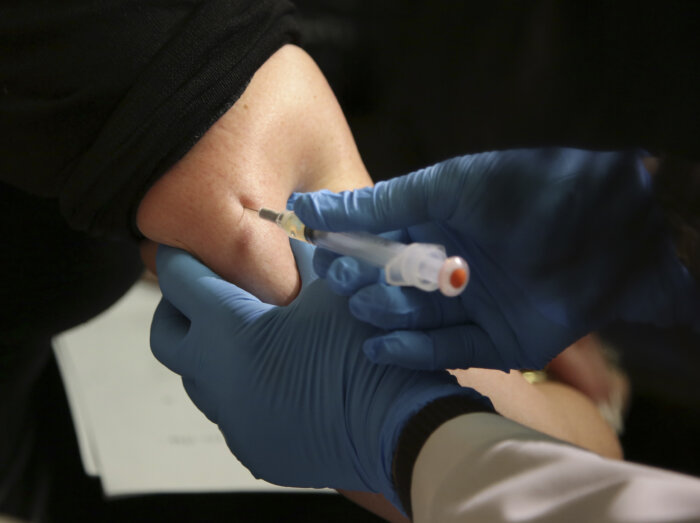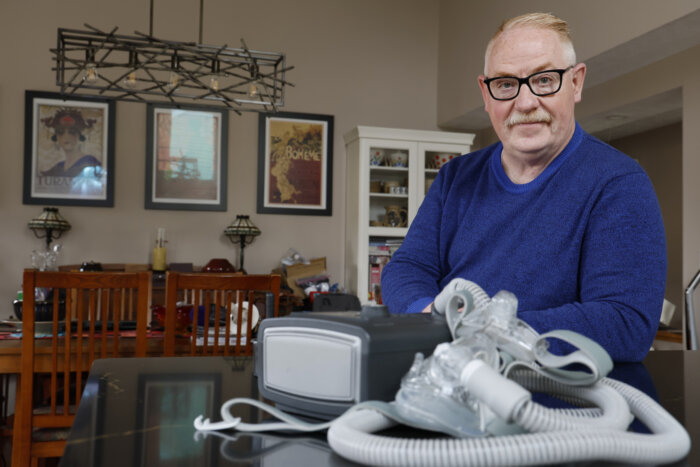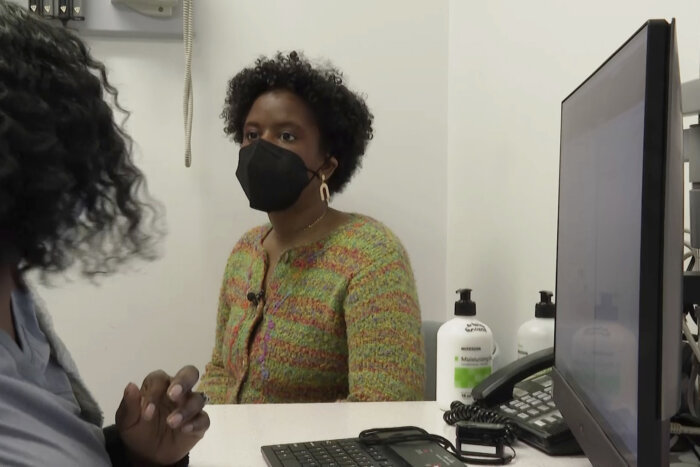When Mayor Jim Kenney told Broad Street Healthcare Properties owner Joel Freedman — the landlord of Hahnemann University Hospital’s building at 230 N. Broad St. — that the City of Philadelphia was ending its negotiations to reopen the recently-closed health center in time for the potential onslaught of COVID-19 patients, the mayor closed one sad chapter of a very crucial book.
“Rather than continue this dance with him, we decided to say ‘no thank you,’ and move on,” Kenney said during the city’s daily, virtual briefing last week.
In a follow-up email interview with City Managing Director Brian Abernathy, he reminded Metro that, “The Center City Holiday Inn has been leased, potentially for quarantine space, and we are seeking other sites for additional beds and quarantine space should hospital capacity be exceeded.”
By the next afternoon, and throughout the weekend, Temple University opened a newer, brighter chapter in the tale of saving lives in the Philadelphia coronavirus crisis when it erected a makeshift hospital in the Liacouras Center on campus on North Broad Street.
Additionally, the Hospital of the University of Pennsylvania is currently in discussion with city and federal officials about closing off Spruce Street between 34th and 36th streets for a makeshift field medical facility to be run by HUP. HUP is also working to create patient wards in the Perelman Center for Radiology and the Jordan Medical Education Center.
This is essential for Philadelphia care during the COVID-19 pandemic, but still a long way from what will be needed when it comes to tending to the surge of coronavirus cases throughout the city. The Philadelphia Department of Public Health announced on Thursday afternoon that there are 425 additional presumptive confirmed cases of COVID-19 novel coronavirus in Philadelphia, bringing the city’s total number of confirmed cases to 2,100.
If cases throughout Pennsylvania peaks in May—as the Centers for Disease Control and Prevention has proposed is a possibility—where is the city and state in regard to the amount of beds it has and will have available for potential coronavirus patients? And how are we doing with the slight current uptick in makeshift healthcare spaces?
“The Healthcare Association of Pennsylvania (HAP) manages daily open bed counts,” noted Abernathy. “Hospitals are regulated by the state and coordinated by the Hospital and Healthcare Association of Pennsylvania.”
Rachel A. Moore, the Director of Media Relations for the Hospital and Healthsystem Association of Pennsylvania (HAP) in Harrisburg, pointed out that, according to the Pennsylvania Department of Health, as of March 2020, Pennsylvania has more than 37,000 total hospital beds in nearly 3400 intensive and critical care beds and 71 pediatric intensive care beds.
“Since the COVID-19 outbreak began in China, Pennsylvania hospitals have been preparing for a potential surge in patients,” stated Moore. “While we cannot speak individual hospital specifics, each facility has an internal surge plan to maximize the capacity to treat these patients and continue to care for patients who need other, more routine and emergency services.”
Health care normally goes through peak demands for services, and capacity goes up during different flu seasons, for example, and facilities are prepared to react and adapt.
“During the past weeks, Pennsylvania hospitals have been rescheduling or cancelling elective procedures and facilities have received guidance from CMS and the Secretary of Health directing them to cancel surgeries that are not clinically necessary and life sustaining,” stated Moore. “Plus, according to our emergency management experts, at typical capacity, hospitals can quickly accommodate a 15 percent increase in capacity needs. They do this by accelerating patient discharges and postponing/cancelling elective surgeries. When hospitals are in full pandemic response mode and cancel all elective surgeries, they can quickly accommodate, conservatively speaking, about a 35 percent increase in capacity.”
Moore explained that the health care community is exploring temporary and alternative care sites to help meet the potential surge during the COVID-19 crisis, and that HAP staff are involved in providing expertise across the commonwealth on hospital related surge capacity decisions, and temporary infrastructure that could be needed.
“These temporary community care structures can serve as step-down facilities to help patients who have completed their hospital-level care, but still need some medical attention—or a place to complete their quarantine—prior to a full discharge,” she said.
While Nate Wardle, the Press Secretary with the Pennsylvania Department of Health, stated that there was nothing to announce at this time about the potential of additional sites from a state or city perspective, he did say that the state supports efforts to potentially look at alternative options to house patients such as the Liacouras Center and that the Wolf Administration was looking at similar makeshift medical center options from a state level as well.
“The Wolf Administration is working to ensure that hospitals in Philadelphia, and the entire state, are prepared for the potential surge of patients from COVID-19,” said Wardle. “There are a number of things that are part of those plans and that we are working with the City of Philadelphia, the Hospital and Healthsystem Association of Pennsylvania and other stakeholders to work through and determine what the best plans will be to move forward in the upcoming weeks. We are also working to ensure these facilities have the equipment, including masks to assist them. While the supply of masks is not infinite, the department has pushed out nearly 1 million masks to those who are need.”



